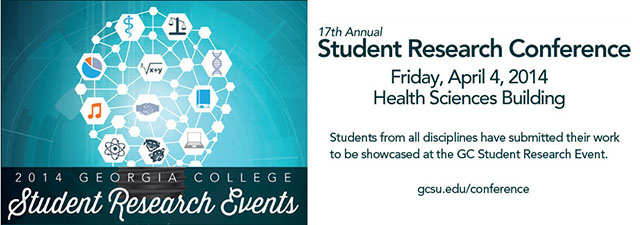
Event Title
Family Presence During Patient Resuscitation
Faculty Mentor
Josie Doss
Keywords
Josie Doss
Abstract
The purpose of this study was to examine the effects of family presence during patient resuscitation and its influence on healthcare personnel compared to having family members absent. This study was conducted using a literature review method. The articles reviewed were comprised of meta-analytical studies, clinical research studies and phenomenological surveys. The surveys included post- resuscitation experiences from both perspectives. A compilation of the results showed that some of the healthcare professionals viewed family presence during the process as a negative influence; however, some of those who initially viewed it as a negative practice found that after taking a survey examining how they would feel if unable to be present for a potential farewell, their opinions shifted. They stated that while it might be distracting, they would want to be present and would thus support the practice. The remaining healthcare professionals viewed it as a positive measure for clinical practice.
Session Name:
Poster Presentation Session #1 - Poster #55
Start Date
4-4-2014 11:30 AM
End Date
4-4-2014 12:15 PM
Location
HSB 3rd Floor Student Commons
This document is currently not available here.
Family Presence During Patient Resuscitation
HSB 3rd Floor Student Commons
The purpose of this study was to examine the effects of family presence during patient resuscitation and its influence on healthcare personnel compared to having family members absent. This study was conducted using a literature review method. The articles reviewed were comprised of meta-analytical studies, clinical research studies and phenomenological surveys. The surveys included post- resuscitation experiences from both perspectives. A compilation of the results showed that some of the healthcare professionals viewed family presence during the process as a negative influence; however, some of those who initially viewed it as a negative practice found that after taking a survey examining how they would feel if unable to be present for a potential farewell, their opinions shifted. They stated that while it might be distracting, they would want to be present and would thus support the practice. The remaining healthcare professionals viewed it as a positive measure for clinical practice.

